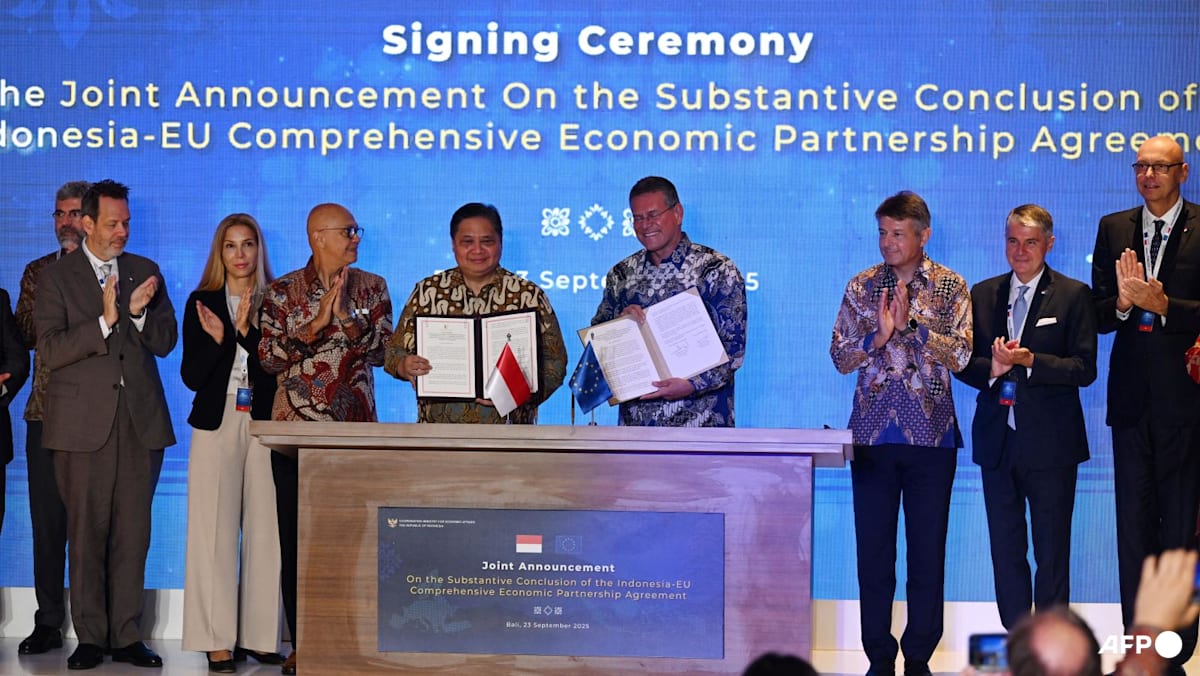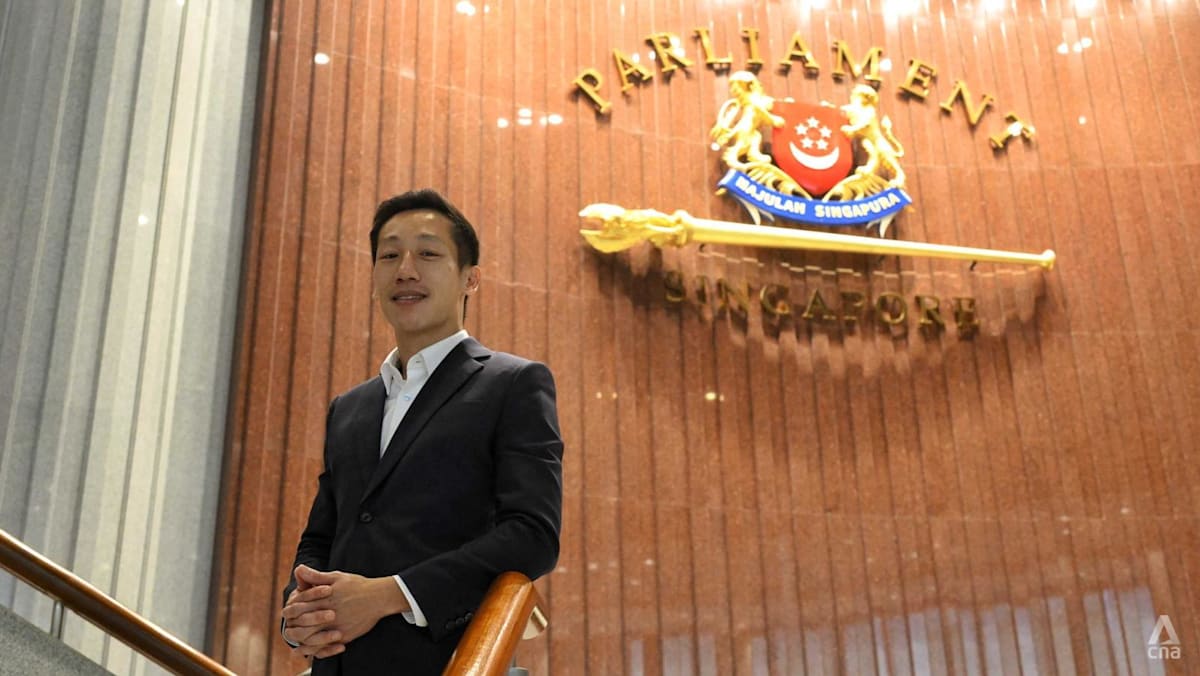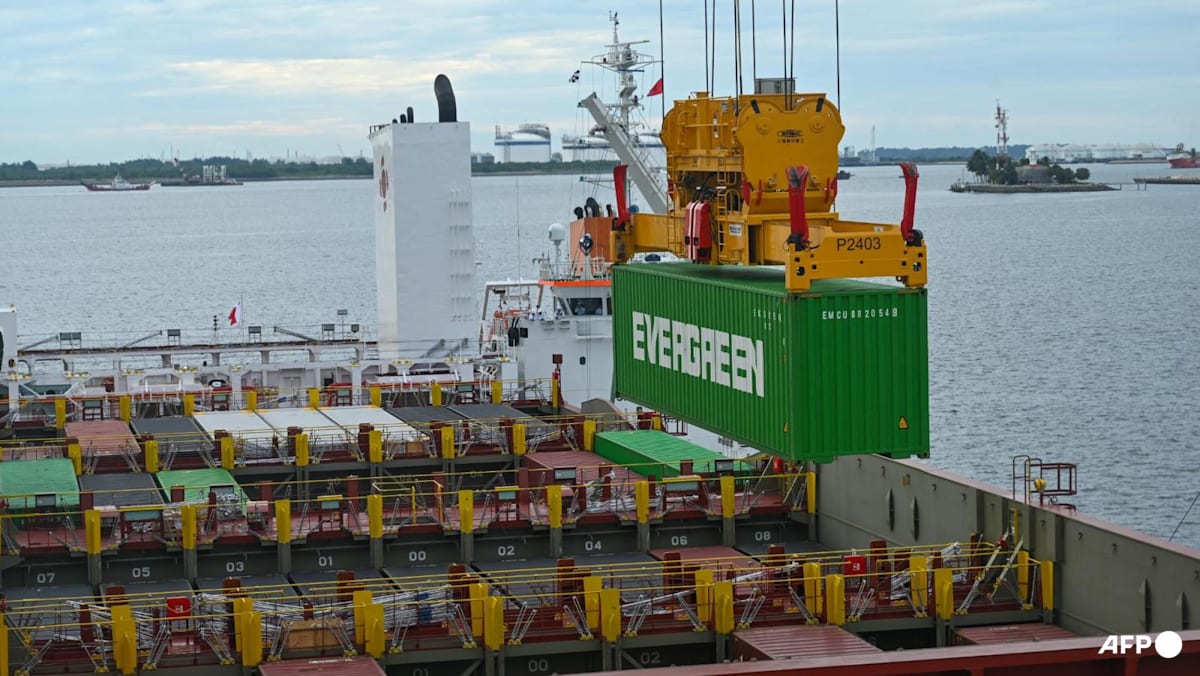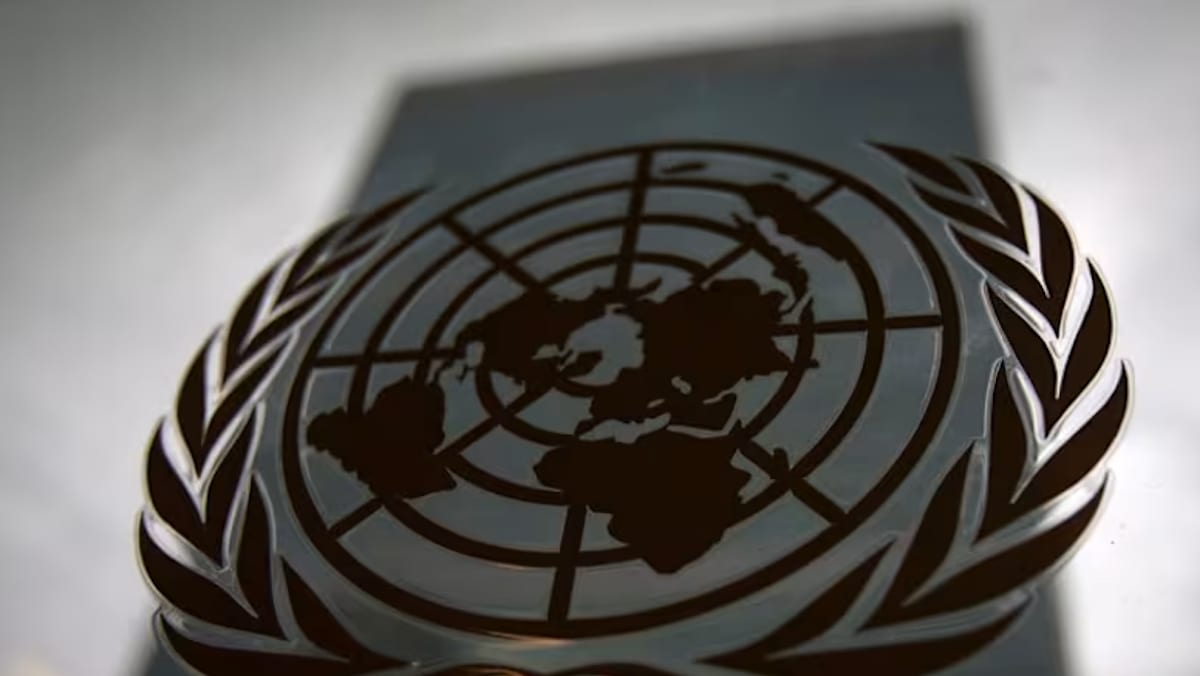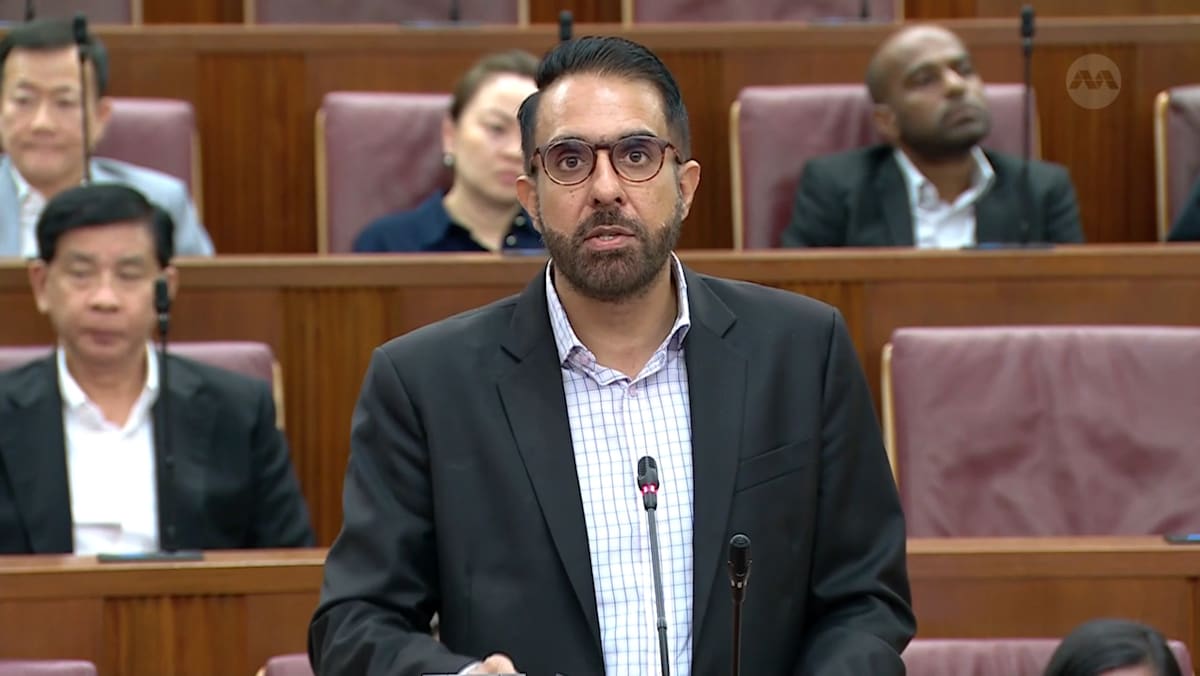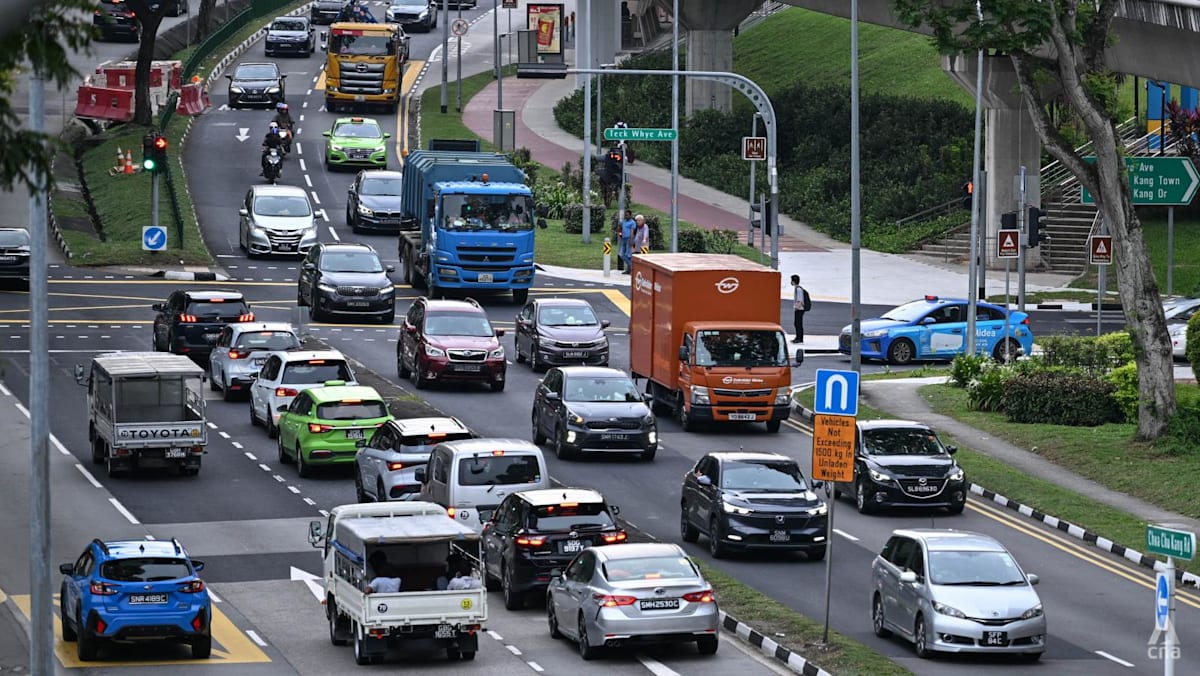GRADUATE INDUSTRY TRAINEESHIPS
MPs raised several questions on the Graduate Industry Traineeships programme, which will offer up to 800 trainee spots in the private and public sectors from October.
The traineeships will last for between three and six months and pay a monthly allowance of S$1,800 (US$1,400) to S$2,400, with 70 per cent funded by the government.
CNA previously reported that some fresh graduates felt uncertain about the new traineeship scheme and how some participants in a similar previous scheme, the SGUnited Traineeship, felt that such programmes could do more to add value to their careers.
The SGUnited Traineeship was launched during the COVID-19 pandemic and was meant to increase capacity to reduce graduate unemployment during an economic crisis.
On this, Dr Tan said the latest graduate traineeship scheme builds on the positive result seen with the SGUnited programme, but noted that their economic contexts differ.
The Graduate Industry Traineeships scheme “focuses on the provision of a limited number of quality traineeship opportunities to provide reassurance to graduates”, said Dr Tan.
Hence, its outcomes may not mirror those of the SGUnited Traineeship, he said.
Dr Tan said the initial number of traineeships – 500 in the private sector and 300 in the public sector – is meant to safeguard their quality and manage the risk of “crowding out” full-time positions that might be offered to fresh graduates.
The minister also pointed to the 30,000 entry-level jobs available for fresh graduates, which he had mentioned at the release of labour market figures for the second quarter earlier this month.
“I hope you can understand why we have very tightly ensured that this programme does not end up cannibalising (these job opportunities),” he said.
The government is prepared to increase traineeship places and extend the programme if economic conditions worsen, or if there is demand due to good outcomes for graduates and employers, he added.
The maximum allowance of S$2,400 was capped at about half the median starting salary of fresh graduates from autonomous universities.
This was calibrated to ensure that trainees continue to prioritise full-time roles, said Dr Tan.
“We also capped the duration of traineeships at six months to encourage employers to seriously consider the trainees for a higher-paying full-time job at the end of the traineeship,” he said.
The traineeships are not meant to be an “employment subsidy”, and companies that see the value of trainees should offer them full-time positions, he added.
Workforce Singapore (WSG) will “strongly encourage” host organisations to convert trainees to full-time employees where possible, said Dr Tan.
To support conversion before the end of a traineeship, the government will continue to provide allowance subsidies for host organisations that convert trainees who have completed at least three months of their traineeship.
To make sure the traineeships support the employability of graduates in the long term, Dr Tan said leading organisations have also been identified for the programme.
“These companies come from key growth sectors such as financial services and information and communications, which offer a large number of good jobs,” he said.
“They have a good track record of hiring and training locals, and are committed to offer a good mix of traineeship roles for graduates from all of our educational institutions.”
WSG will regularly review traineeship development plans containing learning outcomes submitted by the host organisations, and conduct check-ins with trainees.
“These structured traineeships with leading companies will position our trainees in good stead for jobs and for roles beyond or within the host organisations,” said Dr Tan.
IMPACT ON MID-CAREER WORKERS
The minister added that the graduate traineeships are designed to mitigate the risk of displacing existing employees, including mid-career workers.
“We have carefully selected host organisations that actively participate in workforce development efforts, including MOM-WSG programmes that support mid-career workers,” he said.
WSG will conduct checks on host companies’ recent retrenchment activities to ensure that traineeship roles are not similar to those of affected workers, said Dr Tan.
The traineeship allowance is also calibrated to be lower than what host organisations can receive for mature individuals on attachment under the Mid-Career Pathways Programme, he said.
